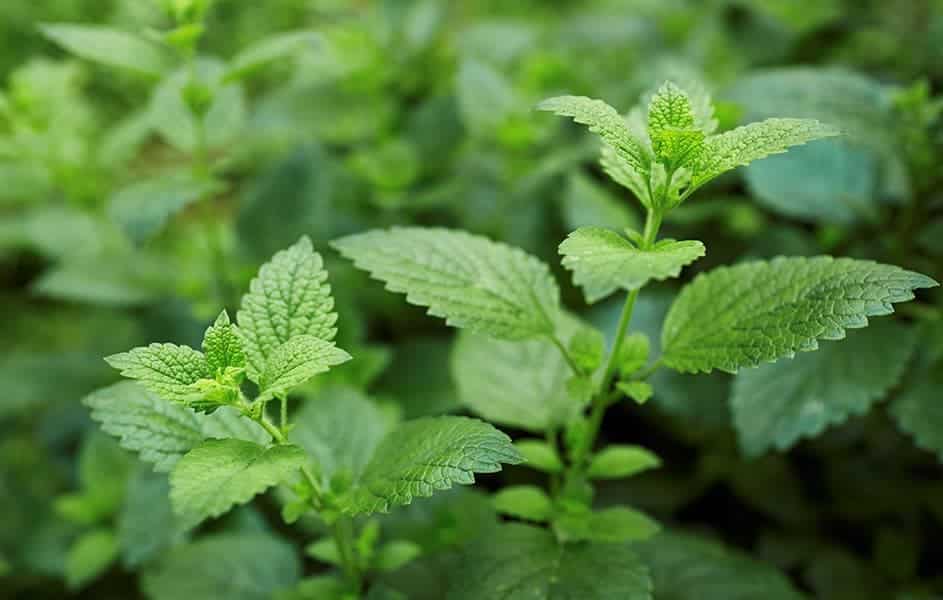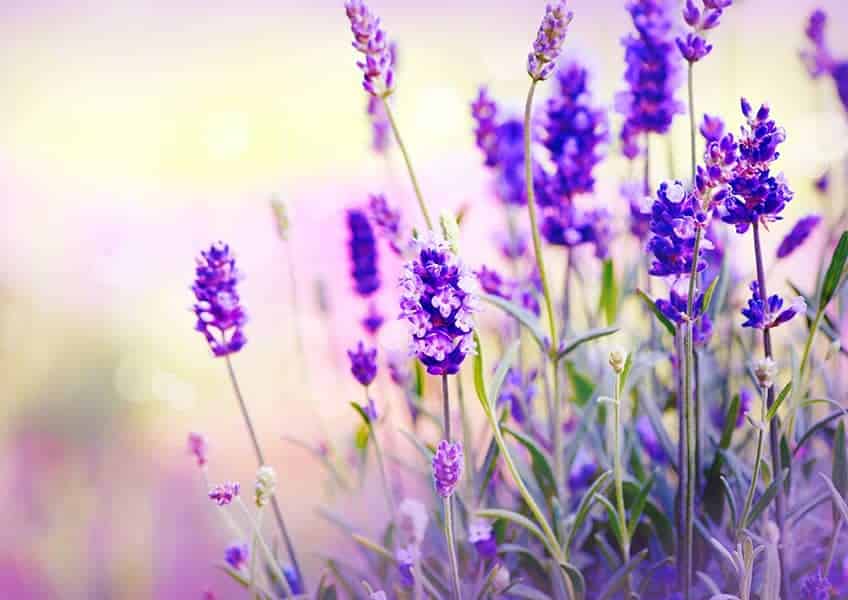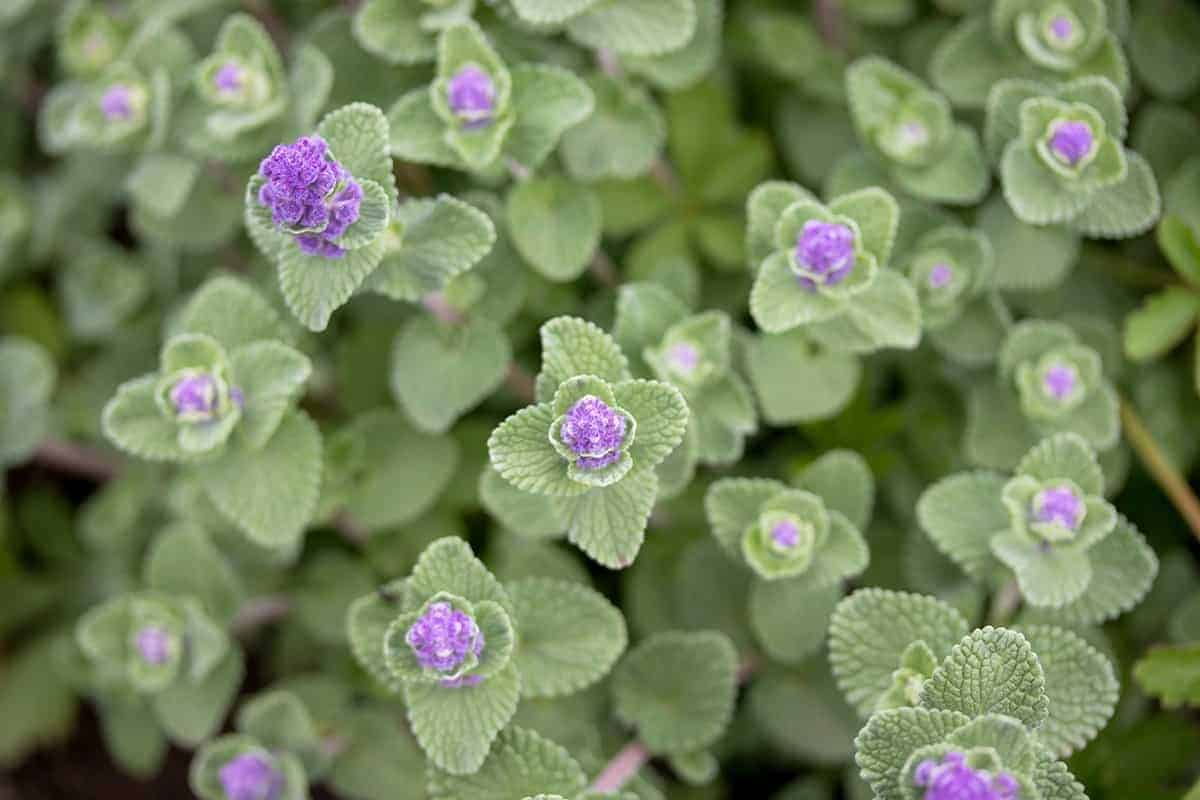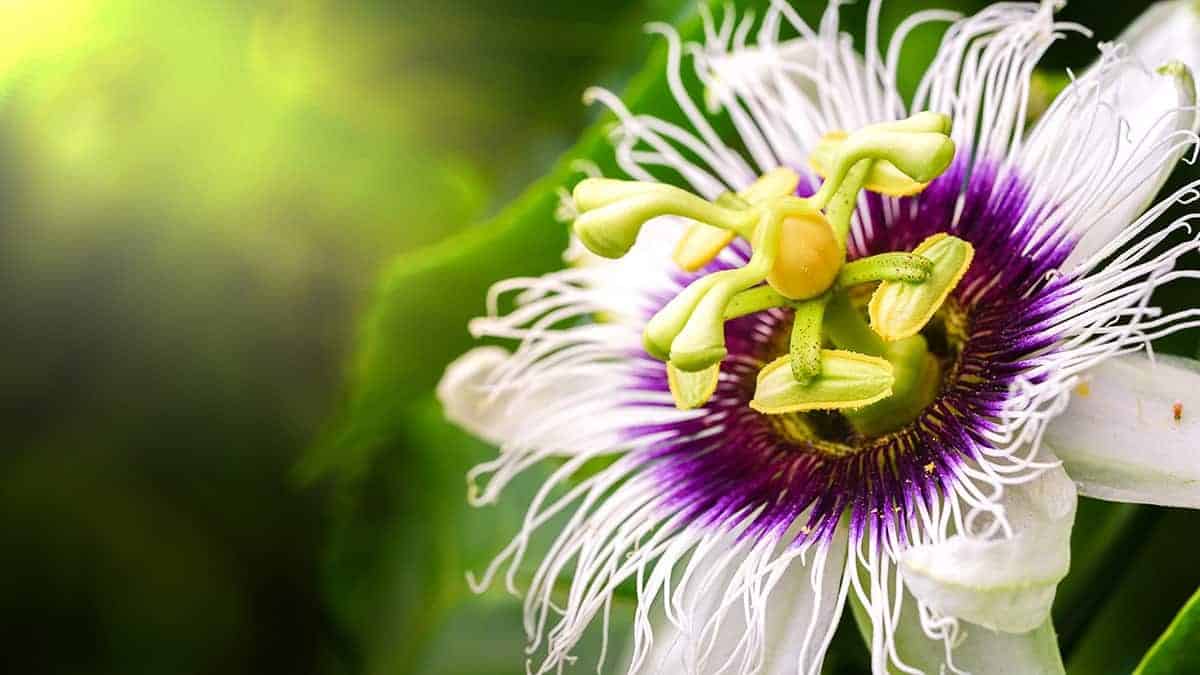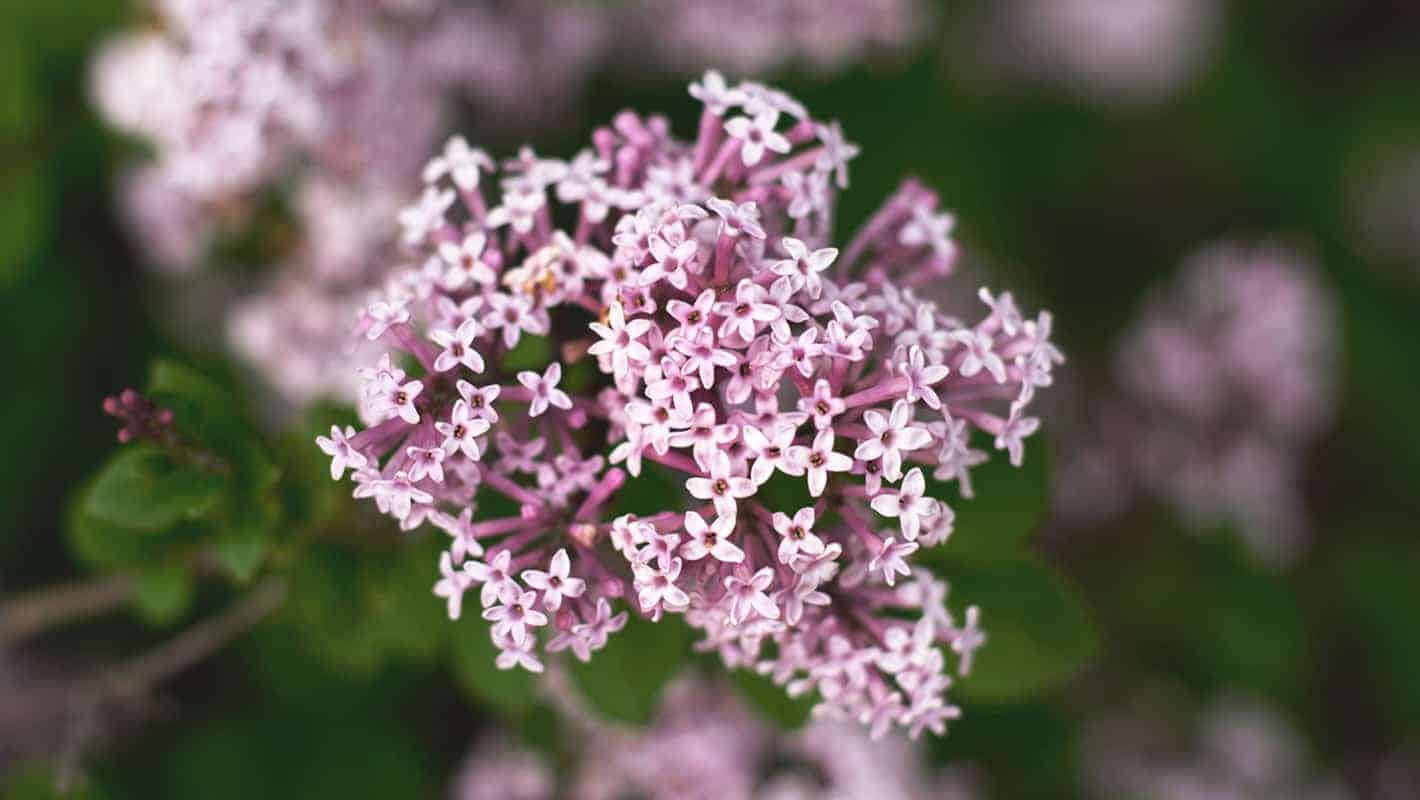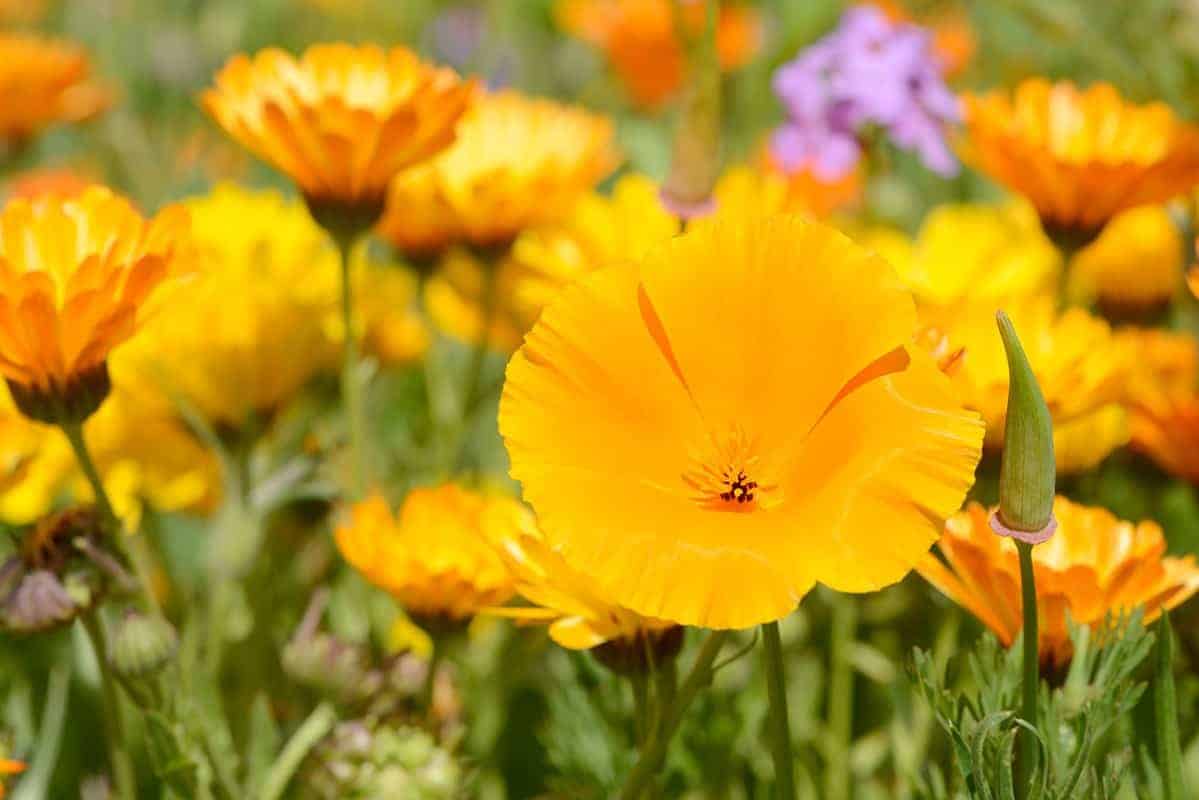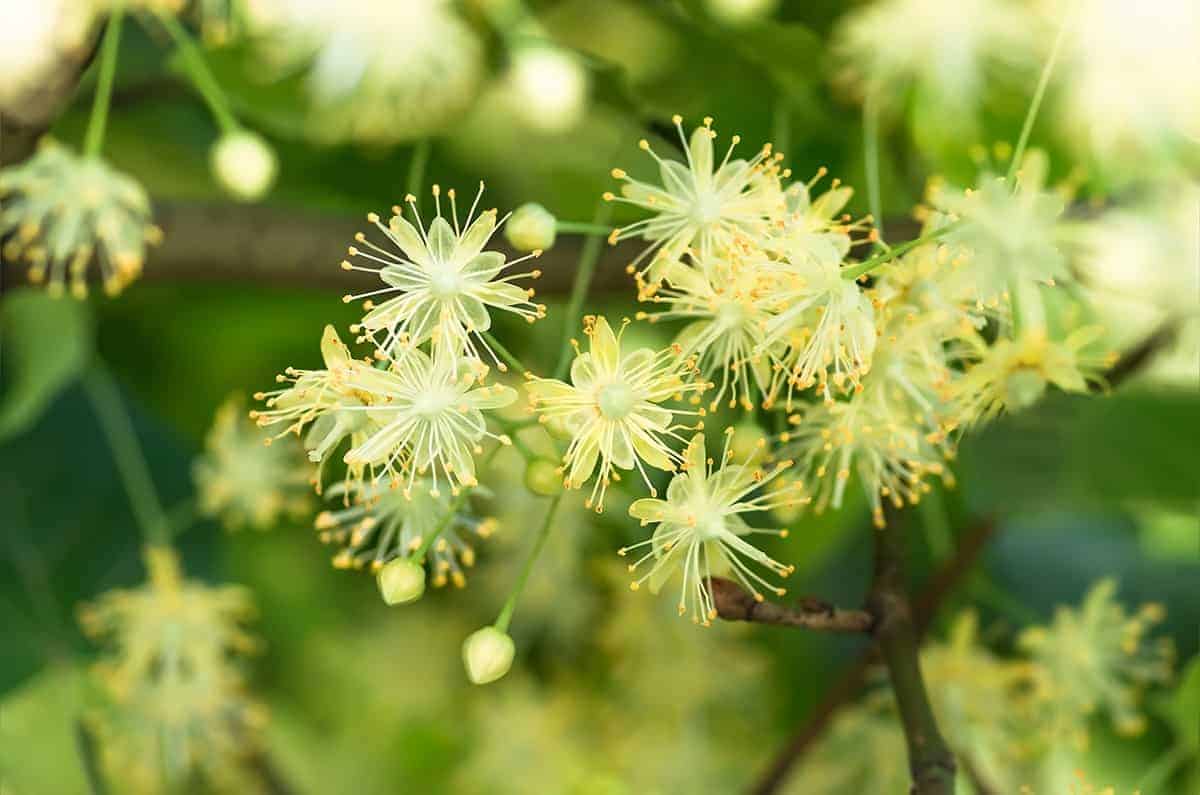The anxiety epidemic is widespread today, with most people I speak to struggling with some form of anxiety. The unprecedented nature of our times has created a perfect storm of worried thoughts and insomnia. As a result, herbs for anxiety, insomnia, depression, and restlessness are in high demand and easily accessible. These calming agents, known as anxiolytics, have mild tranquilizing effects that not only alleviate panic but also ease pain and insomnia.
You might be surprised to find that some of these herbs are already growing in your garden or sitting on your pantry shelf. Let’s take a closer look at what nature has to offer for relief from anxiety and a good night’s sleep.
The Best Herbs for Anxiety and Insomnia
Herbal hypnotics, capable of calming anxiety, often exhibit similar properties. As a result, many of these herbs can be used interchangeably to promote relaxation. These herbs are also referred to as nervines due to their direct impact on the nervous system.
Fortunately, using herbal remedies for sleep and anxiety relief is relatively straightforward. For those new to herbalism, our comprehensive guide provides valuable insights into when to employ decoctions, infusions, and tinctures.
The following are some of the most commonly used herbs for alleviating anxiety and inducing restful sleep.
German Chamomile (Matricaria recutita)
Childhood memories often evoke a sense of comfort, and for many of us, that feeling is linked to a warm cup of chamomile tea. The gentle sedative properties of this herbal remedy have been soothing worries and promoting peaceful sleep for generations. Its calming effects make it an excellent choice for supporting individuals during prolonged periods of stress, including children who can benefit from its non-addictive and long-lasting benefits.
Available in both tea and tincture forms, chamomile can be enjoyed as is or sweetened to taste. However, it’s essential to note that those with ragweed allergies may also experience an adverse reaction to chamomile, and it should not be consumed with certain prescription medications.
Lemon Balm (Melissa officinalis)
Lemon balm, a member of the mint family, is renowned for its calming effects on frayed nerves. I’ve witnessed firsthand how a strong cup of lemon balm tea can bring relief to individuals overwhelmed by panic attacks. Its centuries-old reputation as a heart-soothing herb is well-deserved, backed by recognized antidepressant and anxiolytic properties that can help unravel the emotional turmoil caused by stress, shock, and trauma.
When consumed about an hour before bedtime, whether in tea or tincture form, lemon balm has been shown to quiet restless thoughts, making it easier to drift off to sleep.
Lavender (Lavandula angustifolia, formerly L. officinalis)
Lavender’s widespread presence in products marketed for relaxation is a testament to its reputation as a calming agent. From bath soaks and candles to sprays and sachets, this herb is touted globally as a solution for frayed nerves and insomnia. As part of any comprehensive list of herbs for anxiety and insomnia, lavender is an essential inclusion. However, unlike many of its counterparts that are typically consumed in tea or tincture form, lavender’s true potency lies in aromatherapy.
When added to a candlelit bath before bed or incorporated into one’s pillow, the scent of lavender has been shown to quiet troubled thoughts and foster deep, restful sleep. For those who find the aroma unappealing – like myself – rose can be an effective alternative.
Catnip (Nepeta cataria)
While catnip is notorious for sending felines into frenzies, its effects on humans are surprisingly calming. Like other members of the mint family, it has a rapid and long-standing history of alleviating anxiety and panic in people. In fact, European settlers brought it to North America specifically for its sedative properties, naturalizing it in the process.
As a safe and effective treatment for anxiety and insomnia, catnip is suitable for use by children over four years old.
However, women who are pregnant or attempting to conceive should exercise caution, as it can act as an emmenagogue, inducing uterine cramping. Despite this, catnip remains a valuable herbal remedy with a rich history of soothing the nerves.
Milky Oats (Avena sativa)
When daily stress-induced anxiety becomes a constant companion, milky oats might be the answer you’ve been searching for. Unlike some herbs that are only suitable for short-term use, milky oats can be safely consumed as a nervine food on a regular basis. This versatile herb is particularly effective in addressing anxiety that’s left you feeling drained and depleted after prolonged periods of stress.
Not only does it help to replenish your energy reserves when you’re struggling with adrenal fatigue, but it also has the ability to increase emotional and physical resilience over time.
Passionflower (Passiflora incarnata)
While Passionflower holds a special place in my heart as an anxiolytic and hypnotic, I’ve had the pleasure of working with this herb extensively, and its benefits never cease to amaze. Its tranquilizing properties extend beyond just alleviating anxiety, panic, and insomnia – it also boasts mild analgesic effects that have proven useful in treating stress-induced headaches, menstrual cramps, and muscle aches, including my own experiences.
One of Passionflower’s most impressive qualities is its ability to quiet the mind when plagued by persistent, racing thoughts. This herb excels at calming the mental chatter that can keep you up all night, making it an excellent natural remedy for adults struggling with restful sleep. To harness its benefits, you can prepare a soothing tea (one teaspoon in a cup of hot water) or tincture (administer one to three milliliters, up to three times daily).
What’s more, Passionflower is remarkably safe and gentle – making it an excellent choice for expectant mothers, as well as children. For the little ones, you can even soak a washcloth in its calming tea and freeze it for teething babies to gently gnaw on.
Valerian (Valeriana officinalis)
Valerian’s reputation as a natural remedy for insomnia and stress is well-deserved, given its centuries-long history of use for anxiety and sleep disorders. Its benefits extend beyond mere relaxation, however, making it an excellent choice for individuals struggling with stress- or trauma-related anxiety that manifests as gastrointestinal issues like IBS. Additionally, valerian has been shown to effectively ease muscle tension in the shoulders and back, common symptoms of PTSD and shock.
What’s more, its gentle nature means it tends to produce few side effects, making it accessible at most health food stores and pharmacies. While a small percentage of users may experience stimulating effects instead of sedative ones, this can be mitigated by introducing the herb when you’re not in desperate need of a restful night’s sleep.
California Poppy (Eschscholzia californica)
Unlike opium poppy, California poppy is a non-narcotic and non-addictive herb that offers a range of therapeutic benefits. Its calming properties make it suitable even for children, particularly those who experience night terrors. Despite its unpleasant taste, the tea or tincture can be sweetened with honey or maple syrup to make it more palatable, especially when consumed by children.
California poppy is renowned for its anxiolytic and hypnotic effects, which can help alleviate anxiety attacks and insomnia that disrupts sleep patterns. For a restful night’s sleep, try brewing a cup of tea or mixing 40 drops of tincture with water an hour before bedtime to induce deep, dreamless slumber.
Linden (Tiliaspp.)
My grandmother would prepare linden tea with honey whenever I struggled with sleeplessness, a remedy passed down from her own Ukrainian/Russian heritage. She shunned chamomile, opting for this gentle yet potent herb instead, recognizing its tranquil properties.
Ghost Pipe (Monotropa uniflora)
While ‘Ghost Pipe’ may not be a household name, it’s an understated yet potent herb that can provide relief from anxiety and insomnia triggered by physical pain. Its primary action is antinociceptive, effectively blocking or reducing pain sensitivity, allowing individuals to disconnect from the discomfort and find some sense of respite.
This herb’s efficacy makes it particularly useful for those experiencing chronic pain conditions like arthritis or fibromyalgia, who often struggle with getting comfortable at night. The plant’s calming properties can help alleviate insomnia caused by these conditions, ensuring a restful night’s sleep.
When it comes to anxiety, ‘Ghost Pipe’ has a grounding effect that helps individuals feel more centered and less overwhelmed.
It’s effective in soothing panic attacks triggered by emotional or sensory overload, as well as trauma-based flashbacks. Additionally, this herb can help bring anxious thoughts back to the present moment, calming the body’s fight-or-flight response and promoting a sense of calm.
Rhodiola (Rhodiola rosea)
Rhodiola’s versatility extends beyond its ornamental value as a groundcover, as it has gained recognition for its potential in treating anxiety disorders. The plant’s extract is capable of calming the mind, alleviating tension, and reducing feelings of confusion and anger. Moreover, studies suggest that Rhodiola can also be beneficial in managing mild to moderate depression. Its therapeutic properties make it an intriguing natural remedy worth exploring further.
Try to Treat the Cause, Not the Symptoms
To effectively manage health issues like anxiety and insomnia, it’s crucial to identify the root causes rather than just treating symptoms. A balanced approach that considers the interconnectedness of body, mind, and spirit is essential for long-term well-being. By examining lifestyle and dietary choices, you may uncover factors contributing to your anxiety and insomnia. For instance, certain food sensitivities or intolerances can trigger anxiety.
Some people are sensitive to nightshade vegetables, such as tomatoes, peppers, and eggplant, which can lead to symptoms like irritability, heart palpitations, and low-grade anxiety after consumption. Similarly, insomnia can be linked to adverse reactions to stimulating foods like coffee, alcohol, chocolate, and others. If you suspect dietary triggers may be at play, consider a month-long anti-inflammatory elimination diet under the guidance of a nutritionist or naturopathic doctor.
Gradually reintroduce foods every few days to monitor your reaction. A well-balanced diet rich in healthy fats like avocados and coconut oil is also vital. Additionally, sufficient exercise can be a game-changer. While herbal remedies can certainly help alleviate anxiety and insomnia, regular cardio exercise can have a profound impact on overall health.
Practice Good Sleep Hygiene
When it comes to overcoming insomnia, it’s essential to tackle sleep habits in addition to dietary changes. To signal to your mind that your bedroom is solely for sleeping and intimacy, establish a consistent routine where you only use this space for these activities. This simple yet effective strategy will help rewire your brain’s association with bed and promote better sleep. To further align your internal clock, commit to a regular sleep schedule and avoid deviating from it too often.
Moreover, make a conscious effort to abstain from using electronics at least an hour before bedtime. The scientific consensus is clear: screen time can significantly disrupt sleep patterns, so take steps to minimize its impact on your slumber. To create a relaxing pre-sleep routine, consider incorporating calming activities such as gentle yoga or meditation. A warm bath can also work wonders for unwinding and preparing your body for a restful night’s sleep.
As you wind down, engage in a soothing activity like journaling or reading (while sipping herbal tea, of course!), allowing yourself to gradually transition into a peaceful slumber.
Research Before Taking Anything
When exploring the world of medicinal herbs, it’s crucial to prioritize thorough research and consult with relevant professionals. Every individual reacts uniquely to plant-based remedies, making personalized guidance essential. As you embark on this journey, remember that your health and wellbeing are ultimately your responsibility. It’s vital to collaborate with a healthcare provider or an experienced herbalist to ensure a safe and effective treatment plan.
They can help identify potential interactions, contraindications, and provide valuable insights on dosages and usage. By doing so, you’ll be better equipped to make informed decisions about your health, ensuring the best possible outcomes.

